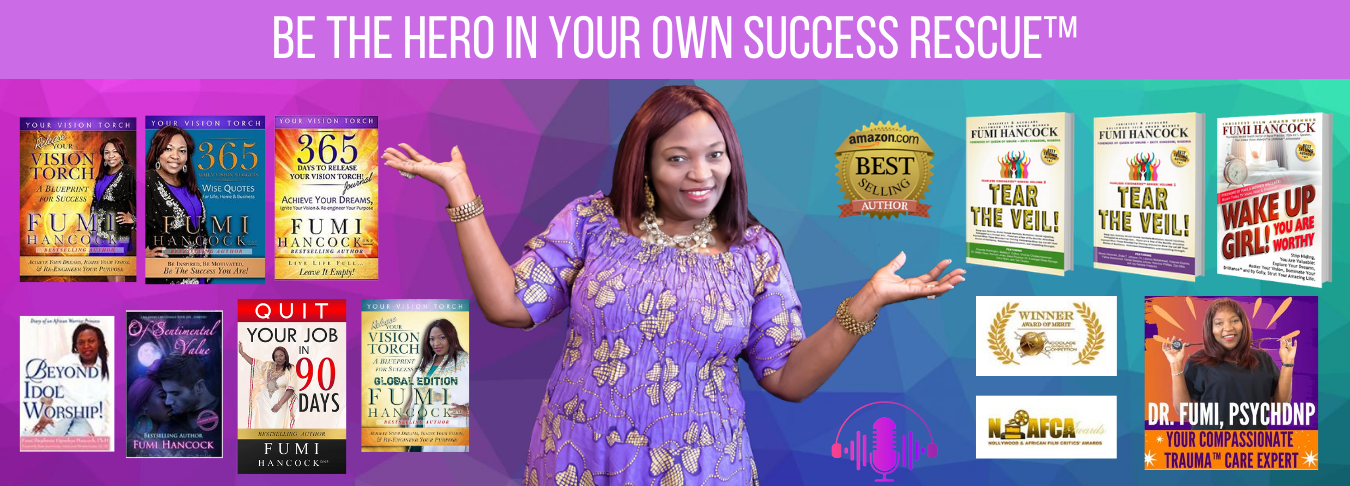People are always asking about writing their own books. It seems rather simple, doesn’t it? You get your laptop, open Word and off you go. A few pages in, you start to question your story. “It’s not very good, is it?” you say. You start to wander away from the story, and suddenly you’re on Google, reading about the 2005 election. You have lost the vitality you need to keep to write a book. This is the fifth of a five-part series on publishing a book. We are going to go over a few goals, a few settings and a few ideas that will help you get that book finished. This week I’d like to touch upon one of the most popular types of book—the memoir.
There is nothing quite like delving into the life of someone interesting, experiencing the things that people have gone through and succeeded at. There is nothing more heartbreaking, at times, than reading the story of someone’s loss. You may want to write the story of your life, and I’ve prepared some tips to help you do just that!
Starting Point
Start at the most interesting point of your life. When was that? Had you just climbed a mountain? Held your child for the first time? What will draw readers into a story about your life?

Letters, photos, diary entries, and other mementos will bring back memories and inspire you. Did you forget something? Don’t you remember? Talk to your friends and family, and ask them to share stories and memories. The likelihood is that you will remember more than you thought you did.
Just Do It
Sometimes writers can spend too long planning their books. It’s natural—you want it to be as perfect as possible, but I wouldn’t recommend it. I would say that starting to write and keeping at it will allow your creative juices to roll. You know the story already—but the experience of continuous writing will help you creatively display the things you want to say.
Third or First Person?
Memoirs are a personal thing, and because of that most of them work best in the first person narrative. There is nothing like that fireside story manner you can get from reading a memoir. “I climbed the mountain slowly and looking down, realized how far up I was…” Gripping isn’t it?
Cut, Cut, Cut!
Most memoir writers will tell you that they went through many different versions of their book before they got the perfect one. You don’t need to change the very essence of the memoir—but sometimes you do need to cut some of the things that bog down readers. Is that conversation too long? Did I dwell too long on that incident? Do I really need to tell people about that? And so on.
Dr. Princess Fumi Hancock, DNP, MA, BSN
Your Vision Midwife, Lifestyle Entrepreneur
Radio/TV Host
https://www.periscope.tv/Princessinsub
https://katch.me/PrincessinSub/
OFFICIAL WEBSITE:
www.theprincessofsuburbia.com
YOUR VISION TORCH Series
Achieve Your Dreams, Ignite Your Vision, & Re-engineer Your Life Purpose
More blog articles at www.yourinneryou.com
Dear Princess Column at: www.sentimentalnursewriter.com
Download your free sample here



